
The Costa Rican Institute of Sports and Recreation (ICODER for the Spanish acronym) filed a debt collection case against the Municipality of Nicoya for not returning the ₡400 million (about $600,000) donated for the canton’s sports center.
Judicial collection is a lawsuit that occurs when the debtor of a collection doesn’t pay a debt by the due date and the creditor institution or person has exhausted all administrative channels, such as notifications, payment arrangements or commitments. This is how the Judicial Collection Law describes it.
Depending on the municipality’s arguments, the court has to conclude whether or not they should pay the debt. If found guilty, the court could approve garnishment of wages or auction the institution’s properties or vehicles.
Both institutions signed an agreement in December of 2020 in which the municipality committed to using the funds on several repairs to the sports center, such as resurfacing the running track, replacing and improving drainage, replacing the soccer field turf, placing grass on the field and putting up chain link fencing and roofing on the bleachers.
However, ICODER’s documents show that the local government invoiced items that weren’t taken into account in the agreement, such as investing ₡123 million (about $175,000) to place synthetic material on the sports center’s running track, which is different from the resurfacing that was included.
The sports center was inaugurated in 2002 and, since then, has only been given minor repairs. Boys, girls, teenagers and adults use it for their sports training and recreation.
Through Legal Channels
On May 23, the institution filed the debt collection case with the Collection Court of Judicial Circuit II of Guanacaste, in Santa Cruz. That court is processing it under file No. 22-001620-1206. ICODER had requested that the payment be refunded administratively on two occasions, November 18 and December 14.
A few days ago, the local government argued in a statement that the agreement doesn’t end until December of 2022 and therefore “there couldn’t be breach of contract of something that is in the execution stage.”
Through the press department, the mayor, Carlos Armando Martinez, also told The Voice that he hasn’t received any judicial notification, so he’ll continue working on the remaining work to be done at the sports center. Of course, he affirmed that he believes that only then could they define whether the contract is still valid or not.
However, ICODER didn’t end the agreement due to non-compliance with work, as the mayor suggests, but rather due to using the budget on unauthorized work, irregularities in some of the construction procedures and non-compliance with the schedule agreed upon for repairs. This was stated by the head of ICODER’s facilities management department, Marcela Centeno, in a letter that she sent to the municipality on November 18, 2021.
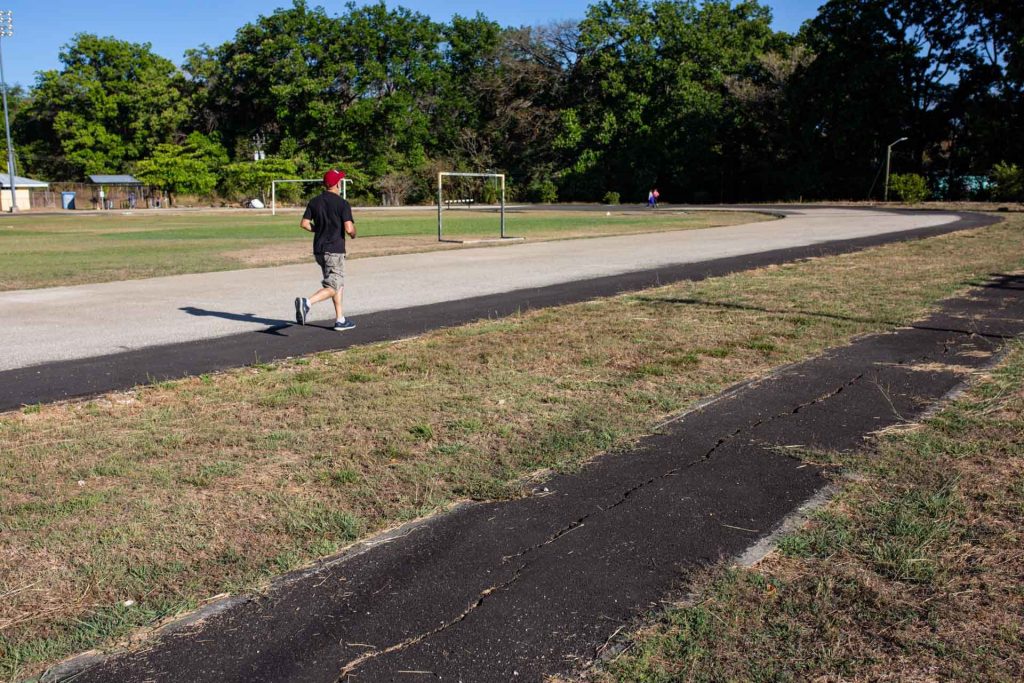
This is what the sports center’s running track looked like in March of 2022. The municipality claims that repairs will be completed by December of 2022. Photo: César ArroyoPhoto: César Arroyo
The mayor refuted these statements, affirming to this medium that “all of the work carried out was previously authorized by ICODER.” He also said that they had “contracting processes and their files” that prove that the sports institution was aware of all of the work carried out to date. Although The Voice requested them, the municipality did not provide this medium with any of these documents.
The mayor did admit that Josue Ruiz, the former engineer who was the person previously in charge of managing the project, made “money transfers” and “auditing omissions.” The municipality relieved him of his duty as project manager in October of 2021 due to “deficiencies” in these tasks. Then, in January of this year, he resigned.
The Voice consulted Ruiz about his side of the story in the conflict. The engineer agreed to provide an interview to this medium, but later he didn’t reply further to messages from this medium. Ruiz did say that the mayor’s statements “aren’t how he makes them seem.”
Municipality Didn’t Fulfill Commitments
ICODER first requested that the budgeted funds be returned in mid-November of 2021. At that time, the municipality appealed the decision, arguing that the mayor’s office was committed to completing the work and that the improper processes were due to lack of staff training in administrative processes.
The institution responded on December 1 that these reasons weren’t sufficient to reverse the request:
The conditions in which the contracting was developed from the technical point of view, the disbursements made to contractual objects outside the investment plan, which have also been disbursed for more than what has been executed, and the failure to obtain clear proposals and with evidence of having the financial resources to comply with the proposed investment plan are summarized in a technical, legal and financial impossibility to continue the fulfillment of the contractual object with ICODER resources, due to which their return is required.”
One of the last times that ICODER requested the return of the budgeted funds was on December 14, through the official letter ICODER-DGI-386-12-2021 from file No. 372-12-2020. This letter specified that if the ₡400 million wasn’t returned in 10 business days, they would proceed to escalate the case to legal authorities.
In the statement published on its networks, the local government claims to have ₡103 million pending implementation on the running track, swimming pool and soccer field. The mayor also stated that they won’t stop progress with the work until the court says otherwise.


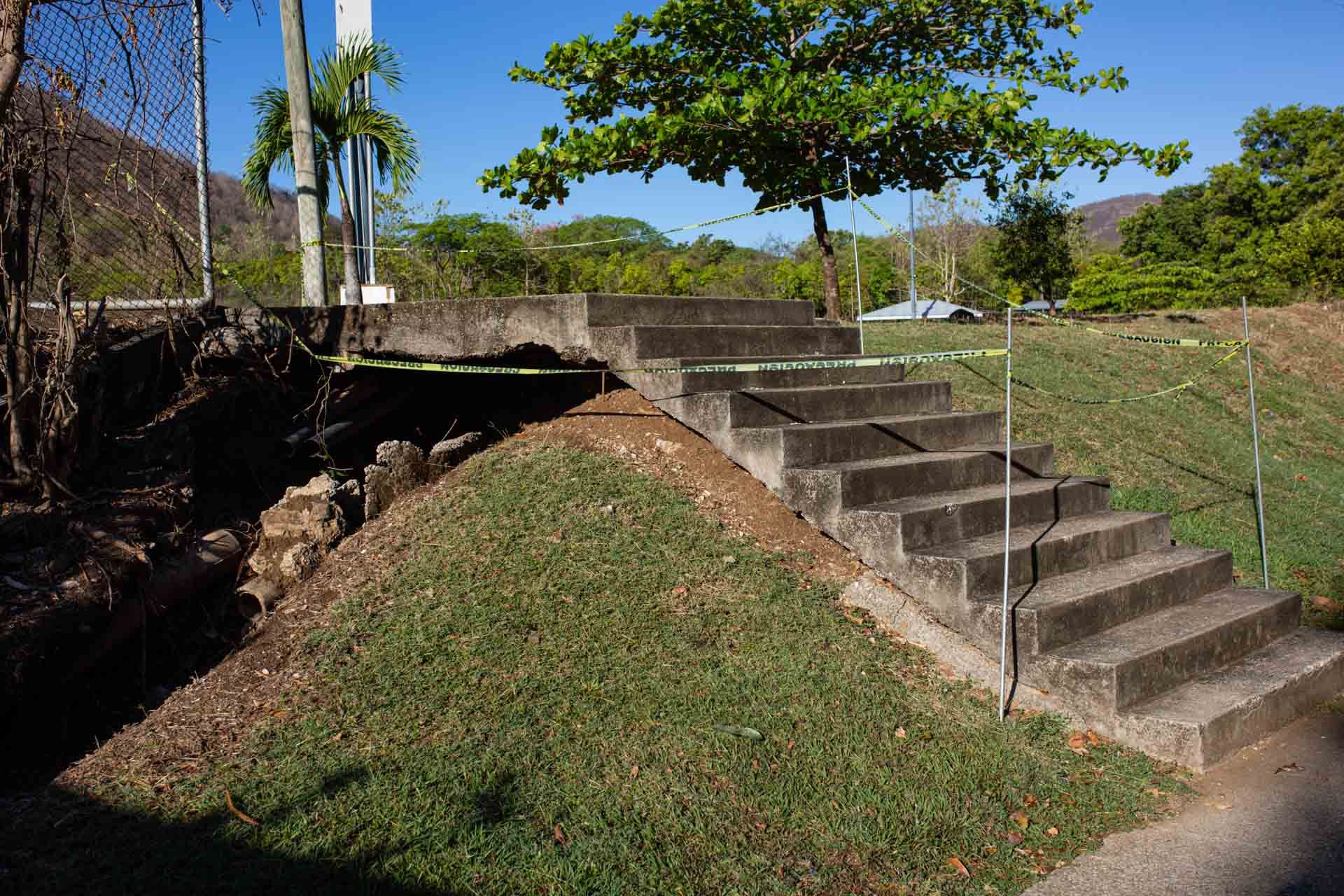
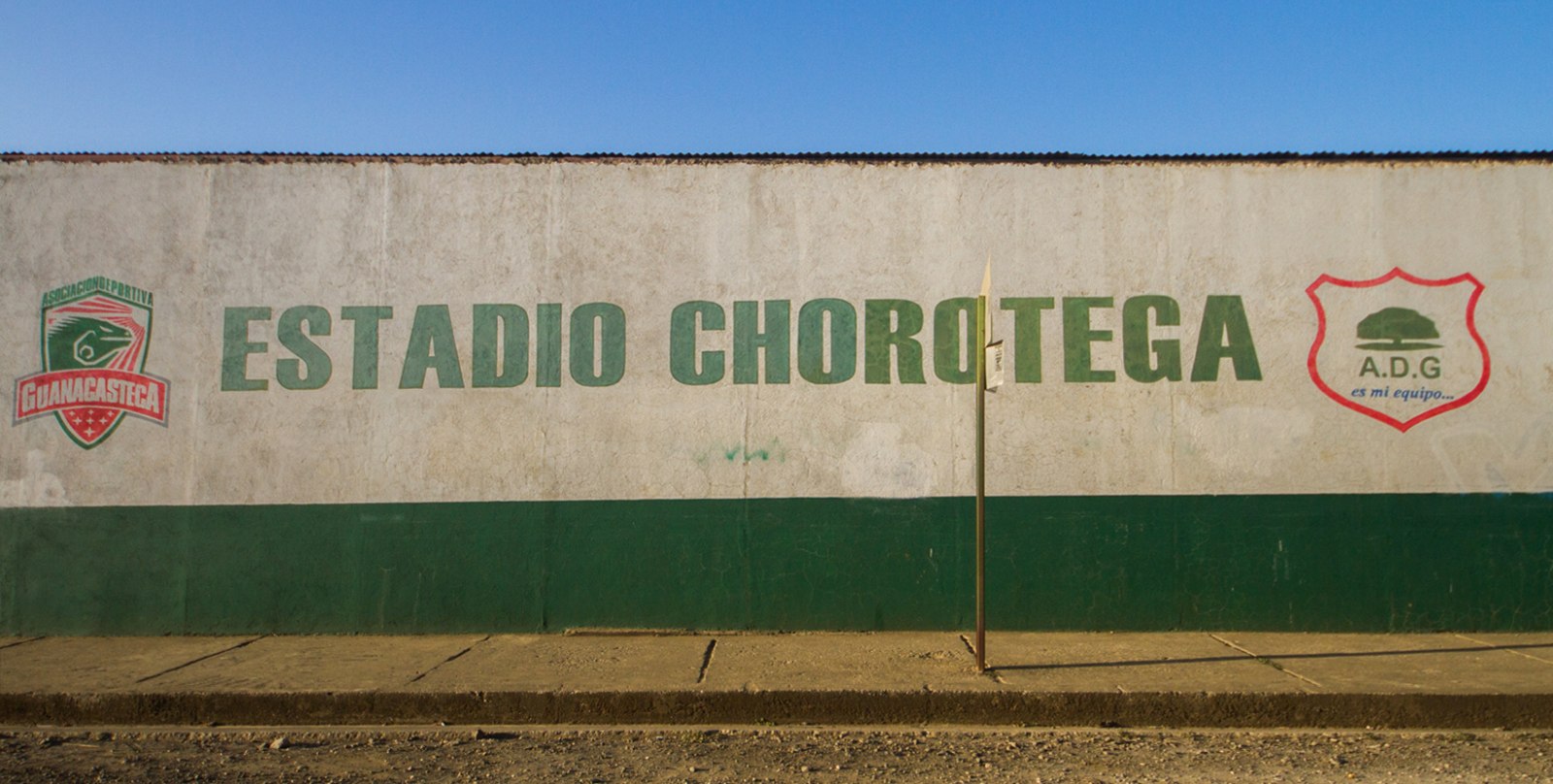
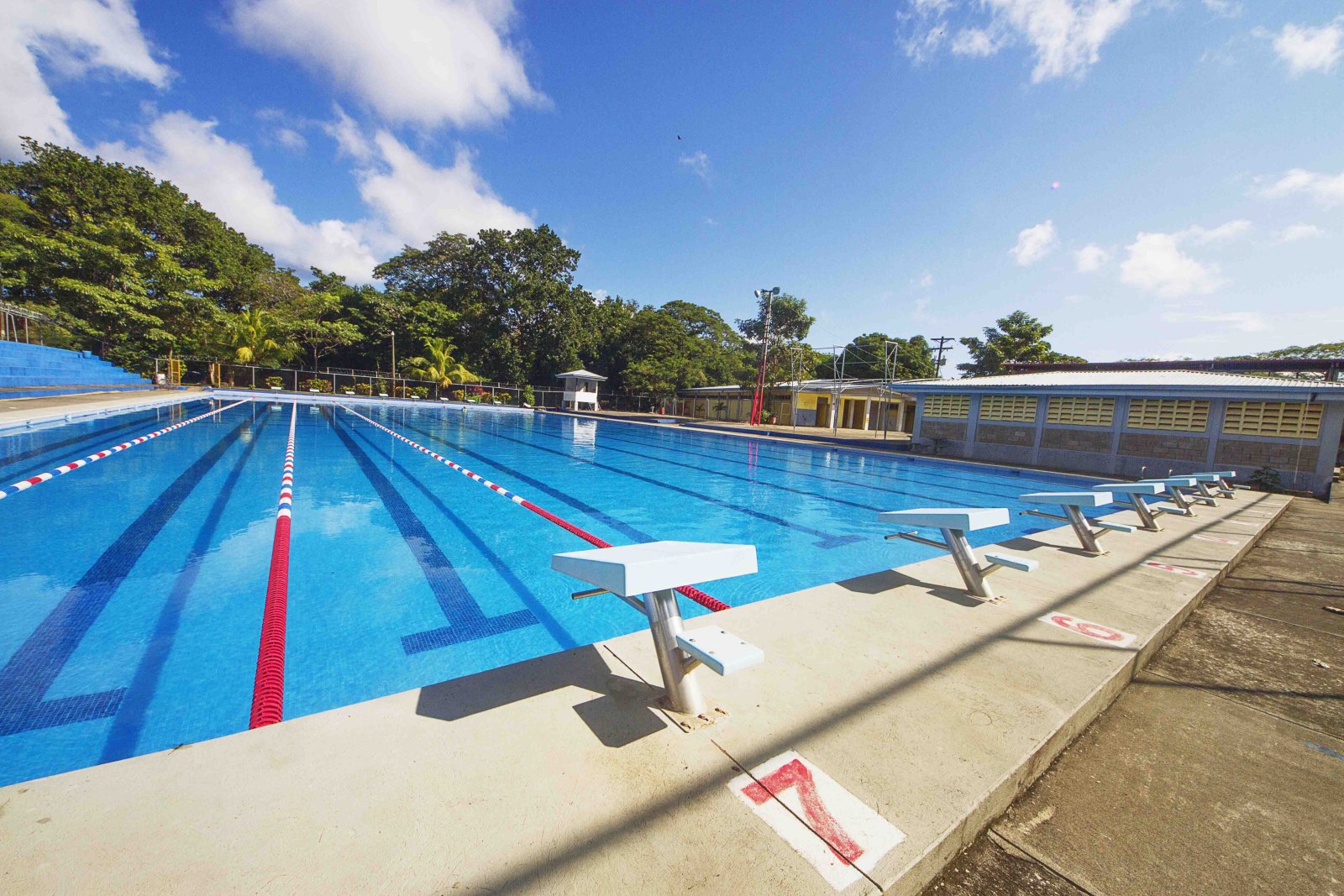
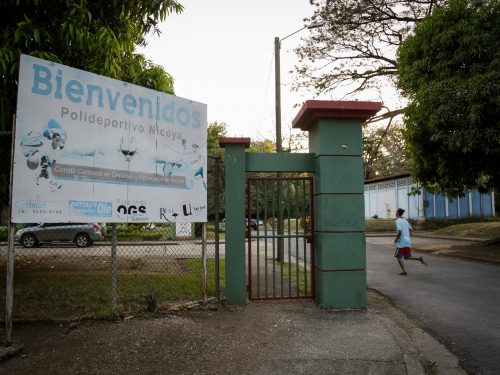

Comments